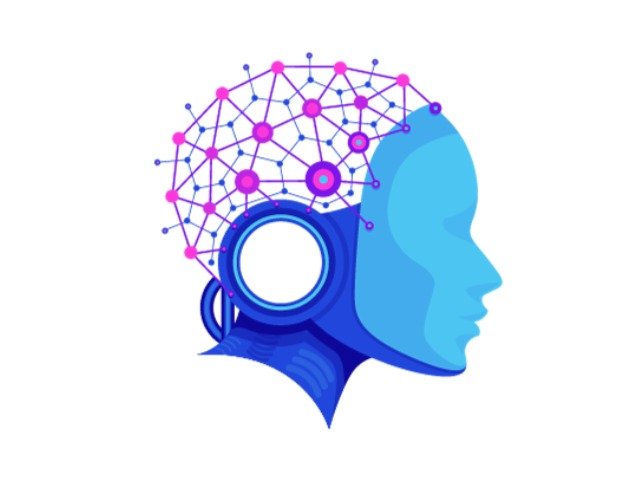Natural Language Processing Week 6 NPTEL Assignment Answers 2025
NPTELNatural Language Processing 6 Week Assignment Answers 2024
1. Which of the following is/are False about the criteria of head (H) and dependants (D) in a construction (C) in a dependency graph?
Options:
- A) H is obligatory; D is mandatory
- B) H selects D and determines whether D is obligatory
- C) The form of D depends on H
- D) H specifies D
Answer :- A, D
Explanation:
- ✅ B and C are true: In a dependency relation, the head selects the dependent and the dependent’s form is influenced by the head.
- ❌ A is false: The head is not always obligatory; in some constructions (e.g., ellipsis), it can be omitted.
- ❌ D is false because while H selects D, it doesn’t “specify” D in a strict syntactic sense. That would be overly rigid.
2. Which of the following is/are True about formal conditions on Dependency graph G?
Options:
- A) G can be cyclic
- B) G is projective
- C) G is disconnected
- D) G obeys the rule: if i-j then not k-j, for any k not equal to i
Answer :- B, D
Explanation:
- ✅ Projectivity ensures the dependencies do not cross over each other in the graph — standard in many syntactic theories.
- ✅ If i → j, then no other k ≠ i should point to j – satisfying the condition of single-head property in dependency trees.
- ❌ Cyclic graphs (A) are not allowed in valid dependency structures — they must be acyclic.
- ❌ A well-formed dependency graph is connected (not C).
3. Which of the following is false?
Options:
- A) Deterministic parsing requires an oracle and an oracle can be approximated by a classifier
- B) Each vertex in the graph greedily selects the incoming edge with the highest weight in the Chu-Liu-Edmonds Algorithm
- C) During the iteration of Chu-Liu-Edmonds Algorithm it never produces cycle
- D) A multi-digraph is a digraph where multiple arcs between vertices are possible
Answer :- c
Explanation:
- ✅ A, B, and D are correct statements.
- ❌ C is false: The Chu-Liu-Edmonds algorithm can produce a cycle during the process, which it later resolves by collapsing cycles into super-nodes.
4.

Answer :- d
5.

Answer :- b
6.

Answer :- a
7.

Answer :- b
8.

Answer :- d

![[Week 1-12] NPTEL Natural Language Processing Assignment Answers 2025](https://answergpt.in/wp-content/uploads/2025/07/Natural-Language-Processing.png)

![[Week 1-12] NPTEL Natural Language Processing Assignment Answers 2024](https://answergpt.in/wp-content/uploads/2024/01/NPTEL-Natural-Language-Processing-Assignment-Answers-2024.jpeg)


